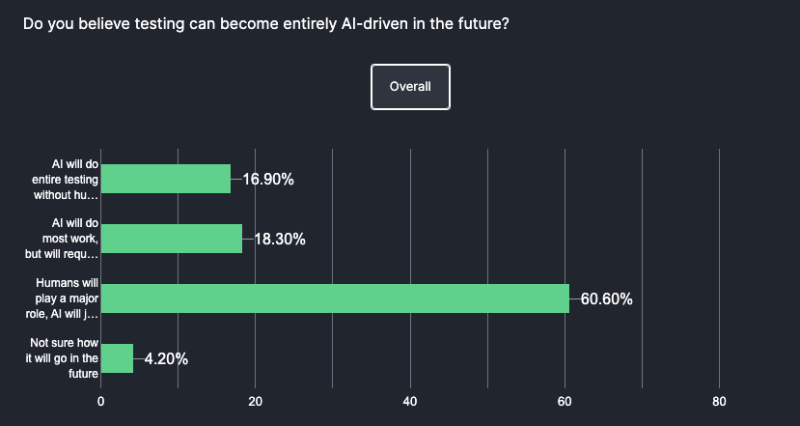Alpha-beta pruning is a significant optimization technique for the minimax algorithm, used primarily in decision-making processes for games and other adversarial scenarios. This technique helps in reducing the number of nodes evaluated in the search tree, improving efficiency without affecting the accuracy of the outcome. This article delves into the fundamentals, working principles, and implications of alpha-beta pruning in artificial intelligence.
Understanding the Basics
The minimax algorithm is a recursive algorithm used to choose an optimal move for a player, assuming that the opponent is also playing optimally. It operates on the principle of minimizing the possible loss for a worst-case scenario. This is achieved by generating a game tree, where nodes represent the possible moves by both players (maximizer and minimizer). However, as the complexity of the game increases, the game tree can become exceedingly large, making it computationally expensive to evaluate every possible move.
This is where alpha-beta pruning comes into play. Alpha-beta pruning aims to “prune” away branches in the game tree that do not need to be explored because they cannot affect the final decision. This reduces the number of nodes evaluated by the minimax algorithm, leading to faster and more efficient decision-making.
How Alpha-Beta Pruning Works
The alpha-beta pruning algorithm keeps track of two values, alpha and beta, which represent the minimum score that the maximizing player is assured of and the maximum score that the minimizing player is assured of, respectively.
Alpha (α):
The best value that the maximizer currently can guarantee at any point along the path.
Beta (β):
The best value that the minimizer currently can guarantee at any point along the path.
The algorithm proceeds as follows:
Initialization:
Alpha is initialized to negative infinity (-∞) and beta to positive infinity (+∞).
Traversal:
The game tree is traversed in a depth-first manner, evaluating nodes similarly to the minimax algorithm.
Pruning: At any node:
If a move results in a value higher than beta for the maximizer, it is discarded since the minimizer will not allow this move (prune the branch).
If a move results in a value lower than alpha for the minimizer, it is discarded since the maximizer will not choose this move (prune the branch).
By continually updating alpha and beta values during the traversal, the algorithm effectively reduces the number of branches that need to be evaluated.
Example of Alpha-Beta Pruning
Consider a simplified scenario of a game tree where a maximizer and a minimizer alternate turns. Suppose the maximizer has a current alpha value of 3. While evaluating possible moves, if the algorithm encounters a move for the minimizer that guarantees a score of 2, it updates the beta value to 2. Any subsequent move for the maximizer that would yield a score less than or equal to 2 can be pruned, as it will not be chosen by the maximizer.
Benefits of Alpha-Beta Pruning
Efficiency:
Reduces the number of nodes that need to be evaluated, speeding up the decision-making process.
Optimality:
Does not compromise on the accuracy of the minimax algorithm, ensuring the same optimal move is chosen.
Scalability:
Enables the handling of more complex game trees, making it practical for use in real-world games and scenarios.
Applications of Alpha-Beta Pruning
Alpha-beta pruning is widely used in artificial intelligence, particularly in game-playing AI for games such as chess, checkers, and tic-tac-toe. By optimizing the minimax algorithm, it allows these AI systems to evaluate potential moves more quickly and effectively, often within the constraints of real-time play.
Conclusion
Alpha-beta pruning is a powerful enhancement to the minimax algorithm, offering significant performance improvements in adversarial search scenarios. By intelligently eliminating unnecessary evaluations, it ensures efficient and effective decision-making, making it a cornerstone technique in the field of artificial intelligence. As AI continues to evolve, the principles of alpha-beta pruning remain integral to developing sophisticated, fast, and intelligent systems capable of tackling complex problems.










